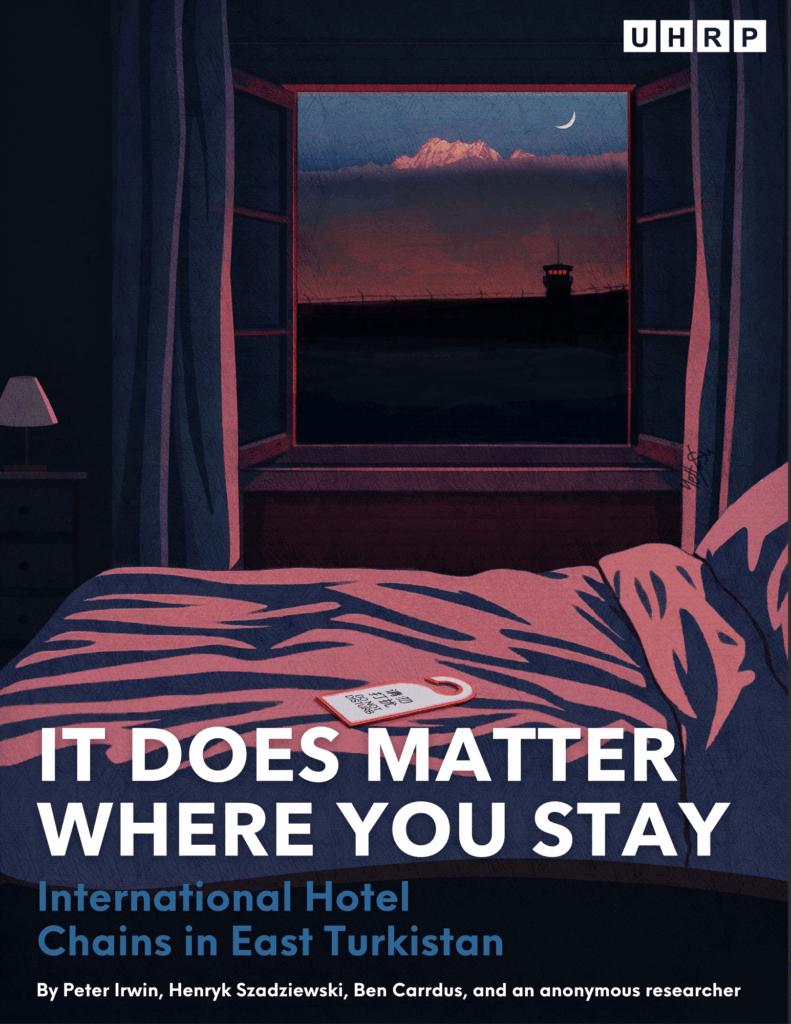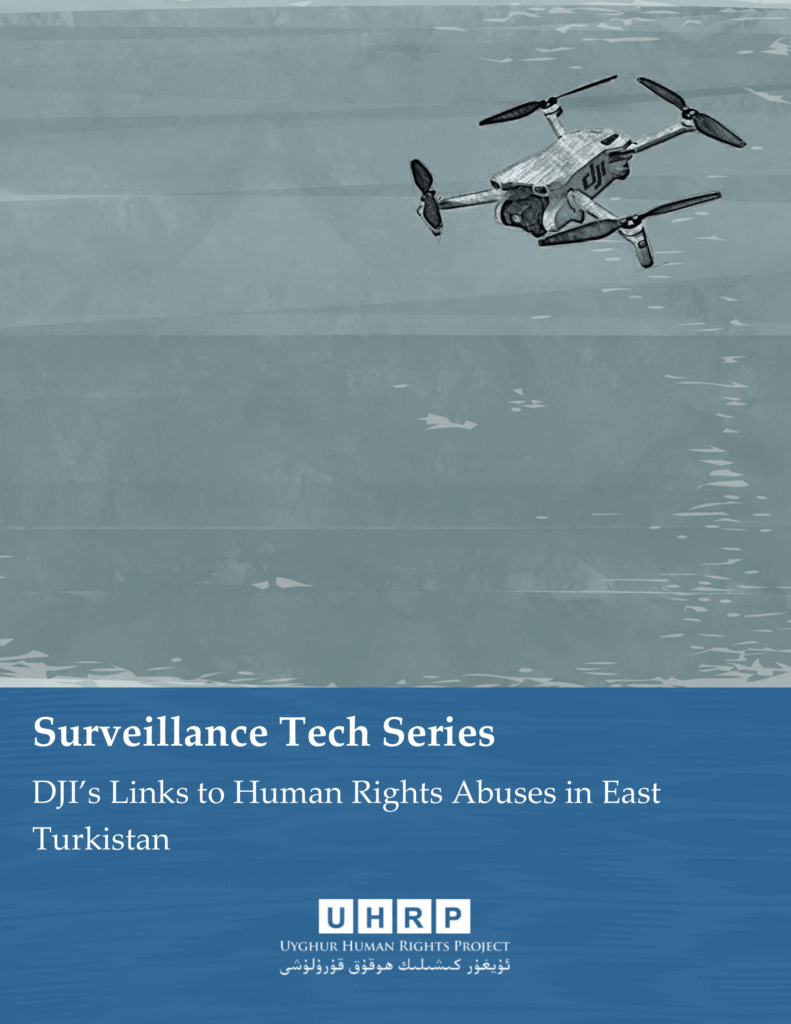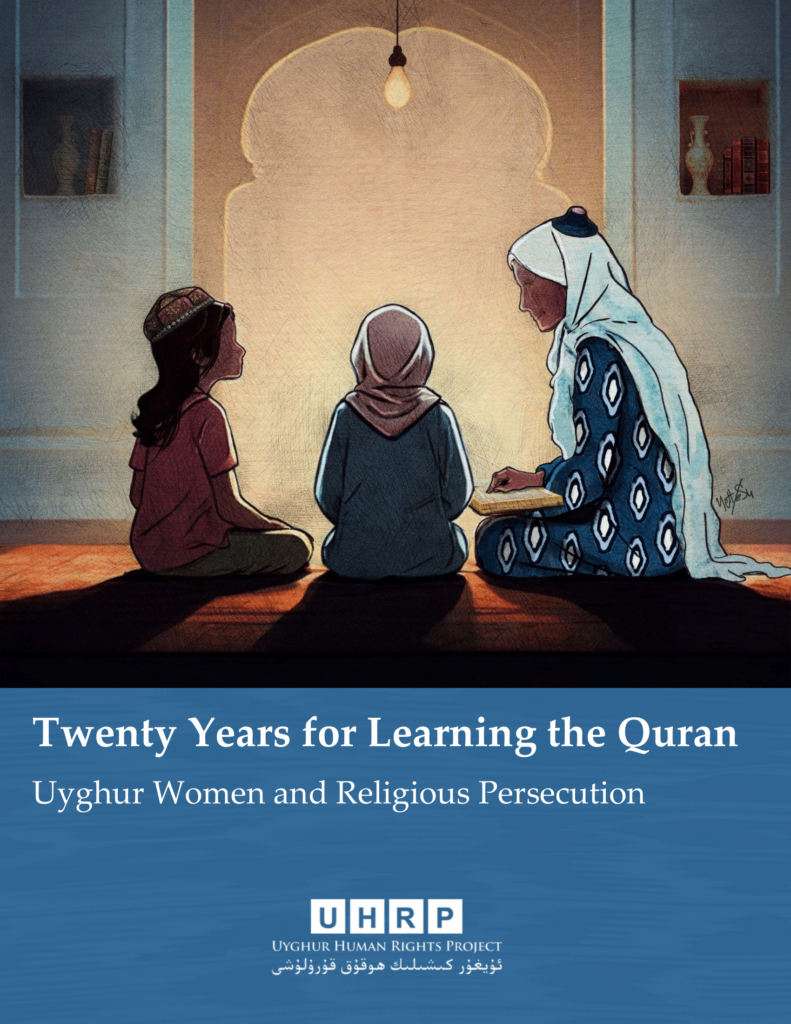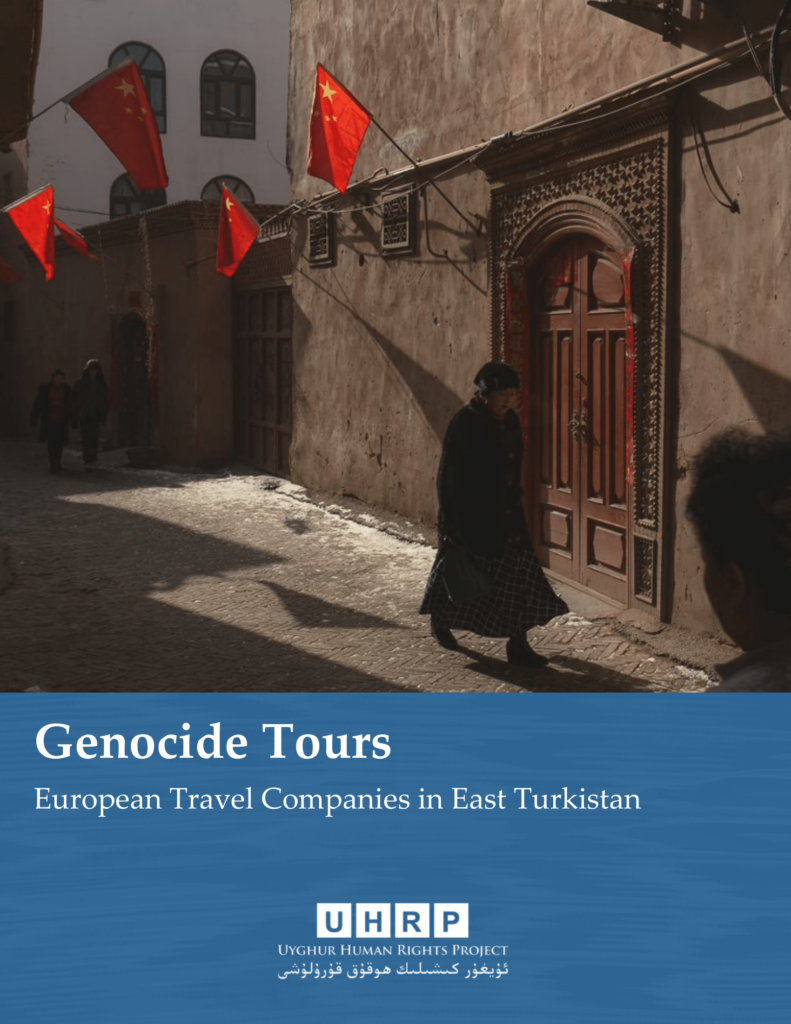A Uyghur Human Rights Project report by Henryk Szadziewski. Read our press statement on the report here, and download the full report here.

I. Key Takeaways
- 338 Uyghur intellectuals interned, imprisoned or forcibly disappeared since April 2017;
- Persecution of teachers, scholars and artists constitutes an attempt to erase Uyghur culture;
- Students, lecturers, poets, musicians and media professionals known to be taken away;
- 21 staff of Xinjiang University in internment camps; and
- International scholarly exchange with China cannot be justified until they are released

II. Summary
Since April 2017, the Chinese government has interned, imprisoned, or forcibly disappeared at least 338 intellectuals as part of its intensified assault on Uyghurs and extermination of their culture in East Turkestan. Five deaths in custody in this period have been confirmed, but the true number of intellectuals who have died in the camps, or died immediately after release, is unknown, given the veil of secrecy and fear. Dozens of intellectuals are also serving harsh sentences handed down prior to April 2017.
In October 2018, the Uyghur Human Rights Project (UHRP) documented 231 academics, artists, and journalists targeted in the Chinese state’s “cultural cleansing” campaign. The addition of 107 new names illustrates the shocking scale of the attempt to eradicate the Uyghur identity through punishing a broad range of intellectual life. Mutellip Nurmehmet, Abdusalam Mamat, Yasinjan, and religious scholars Muhammad Salih Hajim and Abdulehed Mehsum died while custody or shortly after their release.
UHRP’s report raises a fundamental ethical question for universities outside China. At a time when the state has thrown at least 338 scholars and students into ethnic-concentration camps, can exchanges and scholarly cooperation with state institutions in China continue? UHRP calls upon universities, researchers, and cultural programs to suspend all cooperation with the Chinese Ministry of Education until the camps are closed, the victims compensated, and perpetrators brought to justice.
A Campaign of Ethnic and Cultural Eradication
In December 2018, State Department official Scott Busby said: “The U.S. government assesses that since April 2017, Chinese authorities have indefinitely detained at least 800,000 and possibly more than 2 million Uighurs, ethnic Kazakhs, and other members of Muslim minorities in internment camps.”
Due to their role in public life, Uyghur intellectuals have experienced fierce government repression. In a January 2019 New York Times article, Austin Ramzy writes:
As the guardians of Uighur traditions, chroniclers of their history and creators of their art, the intellectuals were building the Central Asian, Turkic-speaking society’s reservoir of collective memory within the narrow limits of authoritarian rule. Their detention underscores the party’s attempts to decimate Uighur identity in order to remold the group into a people who are largely secular, integrated into mainstream Chinese culture and compliant with the Communist Party.
The turn toward zero tolerance of even the mildest expression of ethnic identity has led the Chinese authorities to falsely charge intellectuals who were previously celebrated by the state. Halmurat Ghopur, former president of Xinjiang Medical University Hospital, received a twoyear suspended death sentence for planning “to create an independent country according to his own wishes and become its leader.” Halmurat is an internationally recognized scientist whose work was honored by the Chinese government.
The Persecuted – An Update
UHRP has collected information for this update from several sources. The work of Uyghur scholar-in-exile Abduweli Ayup, in particular, has been critical in alerting the international community to the extent of the devastation of the Uyghur intellectual elite. UHRP is indebted to his work in compiling this update. UHRP also consulted with exiled Uyghur intellectuals Aziz Isa and Tahir Hamut, as well as superlative reporting by Radio Free Asia’s Uyghur Service.
Those taken away include 96 students identified as interned, imprisoned or forcibly disappeared and 242 scholars, artists, and journalists. Among them are an alarming 61 university instructors and 57 journalists, editors, and publishers. (See Table 1). In December 2018, the Committee to Protect Journalists noted that of the 47 journalists known to be imprisoned throughout China, 23 are Uyghur. 238 of the intellectuals are male, 64 female and 36 unknown gender (see Table 2).

| Students | 96 |
| University Instructors | 61 |
| Journalists, editors & publishers | 57 |
| Poets, writers & scholars | 32 |
| Actors, directors, hosts & singers | 21 |
| High school & middle school teachers | 21 |
| Medical researchers and doctors | 16 |
| Computer engineers | 15 |
| Other | 15 |
| Photographers & painters | 3 |
| TOTAL | 338 |
| Female | 64 |
| Male | 238 |
| Unknown1Some reports of interned or imprisoned intellectuals have been collective and the gender not specified. | 36 |
| TOTAL | 338 |
Xinjiang University faculty have been a focus for the Chinese authorities, given their prominence in Uyghur-produced scholarship conducted in the region. Twenty-one Uyghurs have been interned from the institution, including Dr. Tashpolat Teyip, Dr. Rahile Dawut, and Dr. Abdukerim Rahman.
Fifteen staff members from Xinjiang Normal University, 12 from Kashgar University, six from Xinjiang Medical University, six from the Xinjiang Social Sciences Academy, and four from Hotan Teachers College are also known to have been interned in camps, imprisoned, or forcibly disappeared.
The persecution of the staff of the few remaining Uyghur-language publishing outlets is clear evidence of the campaign to eradicate learning and scholarship in the Uyghur language. At least 15 Uyghurs at the Xinjiang Educational Press and 14 current and former employees of Kashgar Uyghur Press have been interned or otherwise punished. A further five members of the Xinjiang Gazette, Uyghur Editorial Department, and nine individuals at Xinjiang Television are interned or imprisoned.
The current and past leadership of the Kashgar Uyghur Press have all been taken away. The cases of Ablajan Siyit (editor-in-chief), Osman Zunun, (retired editor-in-chief), and Abliz Omer (retied editor-in-chief), as well as Memetjan Abliz Boriyar (editor), Haji Mirzahid Kerimi (retired editor), have been reported by Radio Free Asia. Eighty-year-old Haji Mirzahid Kerimi “was sentenced to 11 years in prison because he wrote five books that were later blacklisted by the government and delivered a ‘problematic’ speech during an award ceremony for his poetry.”
The wholesale removal of experienced producers of Uyghur media is an extreme culmination of a decades-long campaign to systematically eradicate Uyghur language from public life, which includes the denial of Uyghur language education in the regional curriculum.
Uyghur exiles have credibly reported that 40-year-old Mutellip Nurmehmet died nine days after his release from an internment camp. Mutellip earned two master’s degrees in the United States: in Business Administration at California State University, and in Information Systems at Northeastern University. He returned to East Turkestan in 2004 and was forced to revoke the U.S. citizenship of his two children born in the United States.

The names compiled by exiled journalists and scholars are likely a small portion of those persecuted. Given conditions of extreme secrecy, and harsh punishment for anyone communicating unauthorized information to the outside world, this update remains an illustrative rather than definitive accounting of the scope and scale of atrocities committed by state authorities. A full list of the 338 intellectuals is available upon request.
Act Before it is too Late
The government of China must immediately release all those detained and sentenced for their ethnicity, religion, or peaceful exercise of their fundamental human rights.
The international community must act urgently, before it is too late, to condemn the Chinese government’s unconscionable persecution of Uyghur intellectuals.
Universities should suspend all cooperation with the Ministry of Education and the Hanban (Confucius Institute Headquarters) until the government releases all persecuted intellectuals, artists, and journalists; enables them to be reunited with their families, including children who have been forcibly taken to state orphanages; makes restitution; and brings their persecutors to justice.
International scholars and students should not participate in academic exchanges, conferences, and international visits involving higher-education officials from China until the camps are closed and restitution is made.
Governments of countries where detained Uyghur scholars and students have obtained degrees, conducted research, or given lectures, should issue diplomatic démarches to the Chinese government condemning their secret, arbitrary detention, pressing for proof of life, and seeking their immediate release.
Governments and private foundations should provide scholarships and fellowships for Uyghur students and scholars abroad who cannot return home due to the grave risk of detention, torture and death in custody. Colleges should waive tuition for enrolled students who cannot pay due to losing contact with their families.
Individual scholars should join the Xinjiang Initiative (xinjianginitiative.org) to raise the issue of Uyghur human rights at public events, and sign the Statement by Concerned Scholars on China’s Mass Detention of Turkic Minorities.
FEATURED VIDEO
Atrocities Against Women in East Turkistan: Uyghur Women and Religious Persecution
Watch UHRP's event marking International Women’s Day with a discussion highlighting ongoing atrocities against Uyghur and other Turkic women in East Turkistan.




